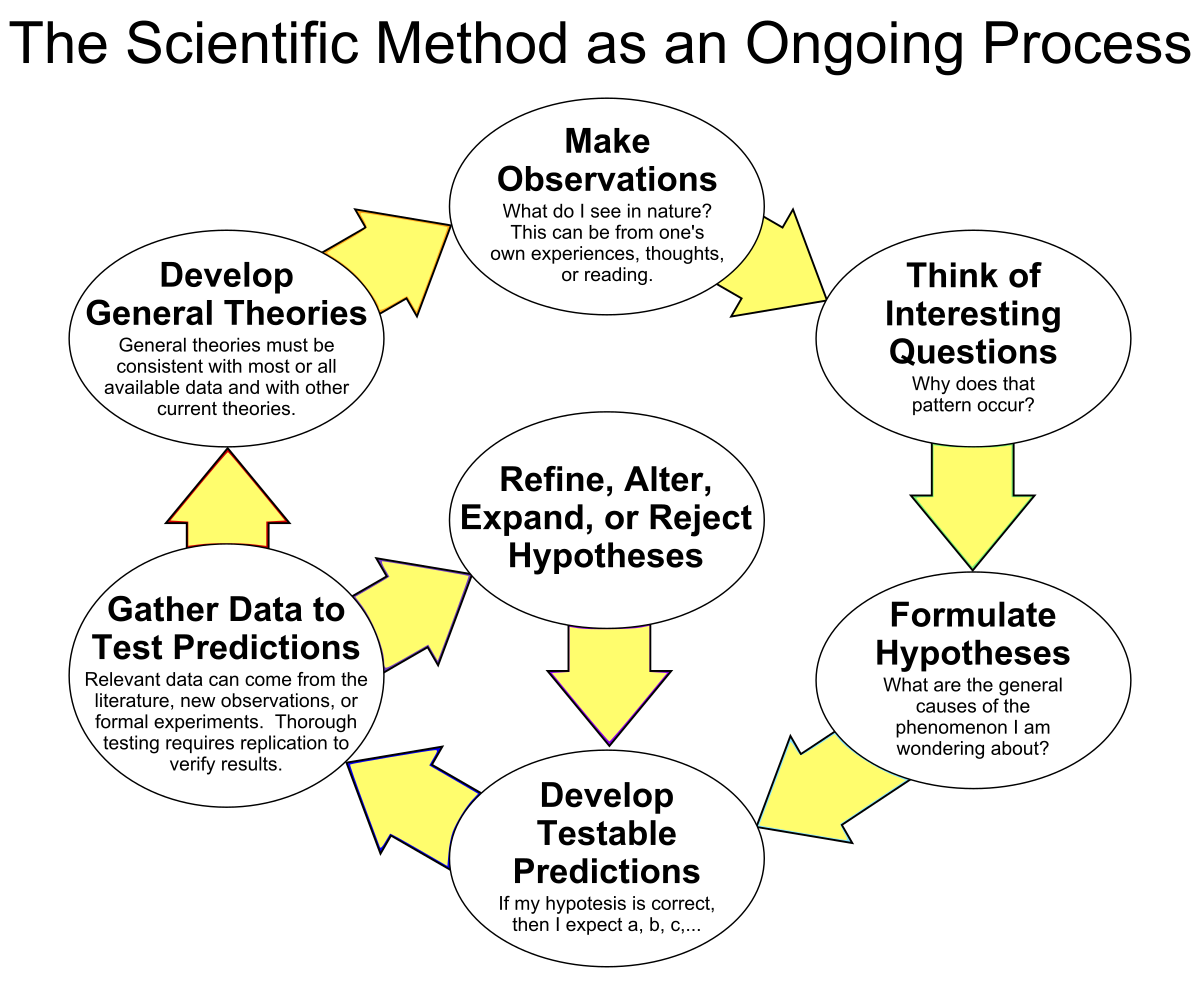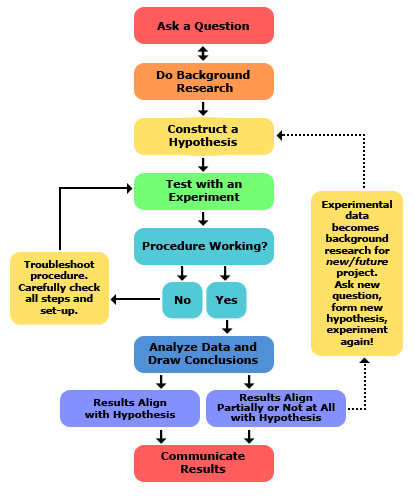Long ass post incoming! I'd like to start this discussion by first making clear that I'm a huge fan of both Eddie and Joe for many years now. I really like your personalities, that both of you seem to be curious about the world, that both of you seem to want to learn more about everything, that both of you question a lot of what's going on and that you're willing to discuss these things.
Over the last few years or so however it has become clear that even though you've had similar starting points, you've developed quite different approaches over time. That's not necessarily bad, all of us being individuals means that even though certainly we will agree on many, maybe even most things - this can vary from person to person and from our relationships to each other obviously - there will also be topics we will disagree on. We can all have our own opinions, beliefs, interests, values, priorities, preferences, perspectives, points of view, and so on, that's all fine. Something that has started bothering me over the years however is when certain, interesting conversations and discussions are started... but don't really seem to lead anywhere, certainly not to everybody's or at least to the majority's satisfaction. It's like eating some incredibly tasty food, that suddenly has a really shitty aftertaste.
This might not mean much in the end and it might not really lead anywhere, but I want to attempt making a few suggestions that might improve future conversations and discussions. Also, there will be TONS of questions I ask throughout this post. For better understanding I would like to ask you to please think for yourself about each question for a moment, before you read my answers to them, it will be very helpful.
Anyway, since most of your disagreements come from discussing conspiracy theories I would say that first it's important for each participant to understand why you want to discuss such topics, what matters to you about them and where you perhaps want the discussion to go. Are you interested in these topics, because you want to have a better understanding of the world? Or do you want to educate people, do you want others to start questioning what's going on aswell? Do you do it just for fun? What matters to you and why?
Here's me: I'm also deep into them as I've mentioned in the past. Zeitgeist introduced me to the world of conspiracies and I've researched the hell out of the stuff since. I delve into it, because I want to understand what's going on and I also want to educate others, because I care for people. The shit that is happening all over the world bothers me... the hatred, the violence, the distrust, etc.
What happens in the world matters to me, because people matter to me.
Once your motives and reasons are clear, we can move on to the next step, which is even more important: the fundamentals. By fundamentals I mean basically two things:
1. understanding fundamental terms/words, like "truth", "facts", "opinions", "beliefs", "subjectivity", "objectivity", "proof", "evidence", "confirmation", "verifiability", etc.
What do all these words mean? What are the properties of "'true' and 'real' events" and "'true' and 'real' information"? How can we tell apart whom and what to trust from whom and what not to trust? etc.
2. developing a balance between open-mindedness AND skepticism.
Yes indeed, doing these things will eventually lead to deep and philosophical discussions, which can be quite time-consuming, but trust me, it's very useful and I'll explain why. Understanding what all the terms I mentioned above mean is essentially a discussion about "standards of proof".
Who or what dictates if something is "true" or not? Is it "authority"? In that case everything the government says can't be false, right? No? I think it's pretty clear that authority does not have the authority over what's true or not, BUT hell yeah do they want it, that's what disinformation, propaganda and manipulation are about after all. Authorities aren't just political however, they can be educational institutions like universities and school, they can be financial institutions like banks and the stock, religious institutions certainly want to have the authority over what you believe (in), etc.
Is it "general consensus"? Is it "a majority" that dictates what is "true" or not? In the Middle Ages a vast majority in Europe believed that "heretics", simply whoever didn't believe in God, should be tortured and killed. They also believed that people with mental illnesses were "possessed by the Devil". There are many more examples, but it should already be clear that "general consensus" (alone) can't dictate what's "true" or not. Agreement to some degree is obviously necessary, but more about that later.
Does this on the other hand mean that EVERYTHING that comes from authorities and majorities should be immediately distrusted? Obviously no. There is only so much you can fake and lie about, eventually the truth always comes out and the lies fall apart. Does it mean we should instead trust only anti-authoritarian groups or minorities? Are online communities and YouTube channels more trustworthy? It doesn't matter WHO you have a bias towards, it doesn't matter "which team you want to be on", having a bias in general can be a problem. It's not the who that matters, but the what. What are they saying on one hand and what are they actually doing on the other?
That's where evidence, verifiability, confirmability and so on come into play. Something is not objectively true if it's only "true" once or twice, it has to be always true all the time. How do we know what happens when we hold our hands less than an inch over burning candles for a certain amount of time? How do we know what happens when we hold snowballs or ice cubes in our hands for a certain amount of time? How do we know that sharp knives can cut us? Not only, because most of us have had these experiences and therefore know the consequences, but also because we can REPEAT these actions and events as many times as we want... even if we eventually get used to the pain, the physical results will always be the same for everybody.
Do we agree on the "standards of proof" so far? Something is only "objectively true" if we end up with the same results/consequences every time certain actions and events are repeated? Would you like to add anything that could further increase our precision? And how do we apply these standards in order to reach a balance between open-mindedness and skepticism? I want to stop here for a moment and see what you think about it. Anyone who wants to join this discussion is welcome.
Over the last few years or so however it has become clear that even though you've had similar starting points, you've developed quite different approaches over time. That's not necessarily bad, all of us being individuals means that even though certainly we will agree on many, maybe even most things - this can vary from person to person and from our relationships to each other obviously - there will also be topics we will disagree on. We can all have our own opinions, beliefs, interests, values, priorities, preferences, perspectives, points of view, and so on, that's all fine. Something that has started bothering me over the years however is when certain, interesting conversations and discussions are started... but don't really seem to lead anywhere, certainly not to everybody's or at least to the majority's satisfaction. It's like eating some incredibly tasty food, that suddenly has a really shitty aftertaste.
This might not mean much in the end and it might not really lead anywhere, but I want to attempt making a few suggestions that might improve future conversations and discussions. Also, there will be TONS of questions I ask throughout this post. For better understanding I would like to ask you to please think for yourself about each question for a moment, before you read my answers to them, it will be very helpful.
Anyway, since most of your disagreements come from discussing conspiracy theories I would say that first it's important for each participant to understand why you want to discuss such topics, what matters to you about them and where you perhaps want the discussion to go. Are you interested in these topics, because you want to have a better understanding of the world? Or do you want to educate people, do you want others to start questioning what's going on aswell? Do you do it just for fun? What matters to you and why?
Here's me: I'm also deep into them as I've mentioned in the past. Zeitgeist introduced me to the world of conspiracies and I've researched the hell out of the stuff since. I delve into it, because I want to understand what's going on and I also want to educate others, because I care for people. The shit that is happening all over the world bothers me... the hatred, the violence, the distrust, etc.
What happens in the world matters to me, because people matter to me.
Once your motives and reasons are clear, we can move on to the next step, which is even more important: the fundamentals. By fundamentals I mean basically two things:
1. understanding fundamental terms/words, like "truth", "facts", "opinions", "beliefs", "subjectivity", "objectivity", "proof", "evidence", "confirmation", "verifiability", etc.
What do all these words mean? What are the properties of "'true' and 'real' events" and "'true' and 'real' information"? How can we tell apart whom and what to trust from whom and what not to trust? etc.
2. developing a balance between open-mindedness AND skepticism.
Yes indeed, doing these things will eventually lead to deep and philosophical discussions, which can be quite time-consuming, but trust me, it's very useful and I'll explain why. Understanding what all the terms I mentioned above mean is essentially a discussion about "standards of proof".
Who or what dictates if something is "true" or not? Is it "authority"? In that case everything the government says can't be false, right? No? I think it's pretty clear that authority does not have the authority over what's true or not, BUT hell yeah do they want it, that's what disinformation, propaganda and manipulation are about after all. Authorities aren't just political however, they can be educational institutions like universities and school, they can be financial institutions like banks and the stock, religious institutions certainly want to have the authority over what you believe (in), etc.
Is it "general consensus"? Is it "a majority" that dictates what is "true" or not? In the Middle Ages a vast majority in Europe believed that "heretics", simply whoever didn't believe in God, should be tortured and killed. They also believed that people with mental illnesses were "possessed by the Devil". There are many more examples, but it should already be clear that "general consensus" (alone) can't dictate what's "true" or not. Agreement to some degree is obviously necessary, but more about that later.
Does this on the other hand mean that EVERYTHING that comes from authorities and majorities should be immediately distrusted? Obviously no. There is only so much you can fake and lie about, eventually the truth always comes out and the lies fall apart. Does it mean we should instead trust only anti-authoritarian groups or minorities? Are online communities and YouTube channels more trustworthy? It doesn't matter WHO you have a bias towards, it doesn't matter "which team you want to be on", having a bias in general can be a problem. It's not the who that matters, but the what. What are they saying on one hand and what are they actually doing on the other?
That's where evidence, verifiability, confirmability and so on come into play. Something is not objectively true if it's only "true" once or twice, it has to be always true all the time. How do we know what happens when we hold our hands less than an inch over burning candles for a certain amount of time? How do we know what happens when we hold snowballs or ice cubes in our hands for a certain amount of time? How do we know that sharp knives can cut us? Not only, because most of us have had these experiences and therefore know the consequences, but also because we can REPEAT these actions and events as many times as we want... even if we eventually get used to the pain, the physical results will always be the same for everybody.
Do we agree on the "standards of proof" so far? Something is only "objectively true" if we end up with the same results/consequences every time certain actions and events are repeated? Would you like to add anything that could further increase our precision? And how do we apply these standards in order to reach a balance between open-mindedness and skepticism? I want to stop here for a moment and see what you think about it. Anyone who wants to join this discussion is welcome.


 Reply With Quote
Reply With Quote




